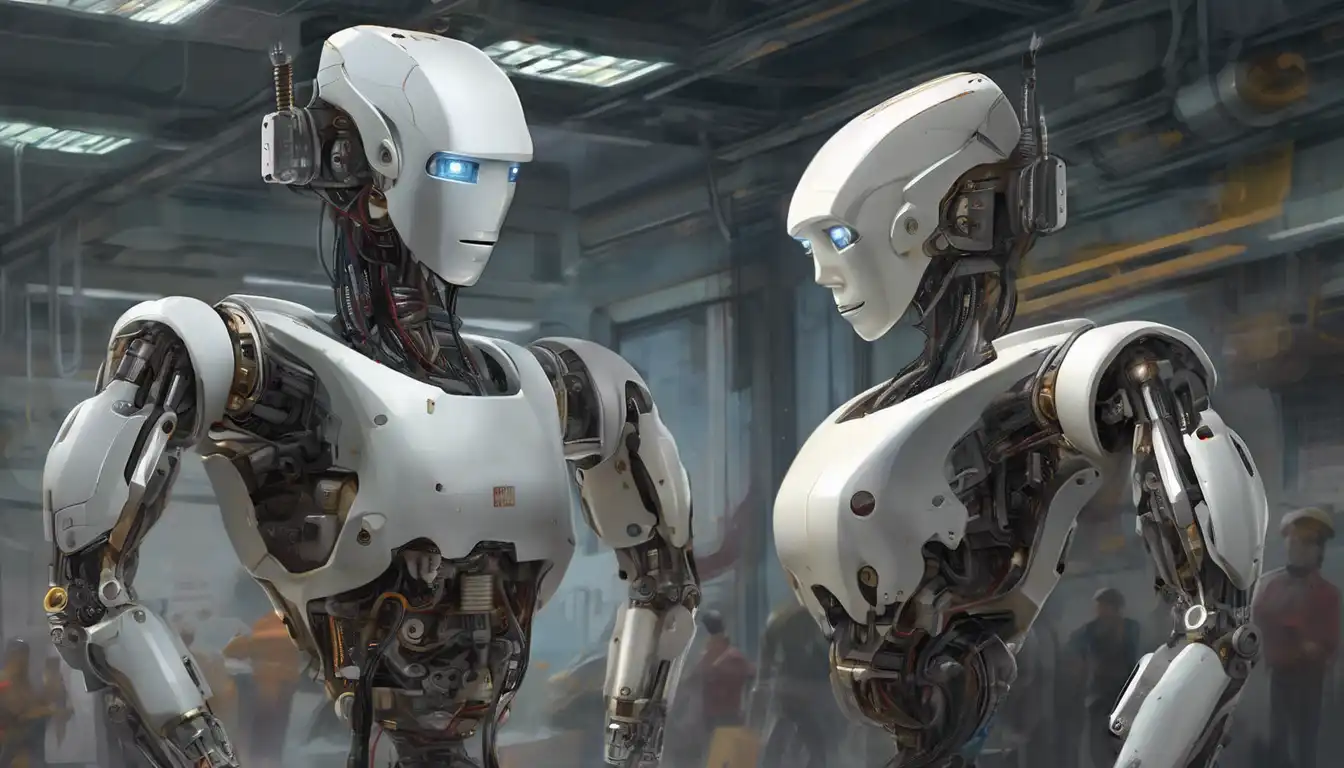The Moral Implications of Autonomous Robots
In the rapidly evolving world of technology, autonomous robots represent a frontier that is as exciting as it is fraught with ethical dilemmas. These self-operating machines, capable of performing tasks without human intervention, are becoming increasingly prevalent in various sectors, including manufacturing, healthcare, and even domestic settings. However, their rise brings to the fore pressing questions about morality, responsibility, and the future of human-robot interaction.
Understanding Autonomous Robots
Autonomous robots are designed to operate independently, making decisions based on their programming and the data they collect from their environment. Unlike traditional robots, which require explicit instructions for every action, autonomous robots can adapt to new situations, learn from experiences, and even make judgment calls. This level of independence raises significant ethical questions, particularly concerning accountability and the potential for unintended consequences.
Key Ethical Concerns
The deployment of autonomous robots introduces several ethical concerns that society must address. These include:
- Accountability: Who is responsible when an autonomous robot causes harm? Is it the manufacturer, the programmer, or the robot itself?
- Privacy: With their ability to collect and process vast amounts of data, how do we ensure that autonomous robots respect individual privacy rights?
- Employment: As robots take over more jobs, what measures can be taken to mitigate the impact on human employment?
- Decision-making: How should autonomous robots be programmed to make ethical decisions, especially in life-or-death situations?
Machine Ethics: A New Frontier
Machine ethics is an emerging field that seeks to address these questions by embedding moral principles into artificial intelligence. Researchers are exploring ways to program robots with ethical frameworks that guide their decision-making processes. This involves not only technical challenges but also philosophical debates about what constitutes ethical behavior in machines.
The Future of Autonomous Robots
As autonomous robots become more integrated into our daily lives, the need for comprehensive ethical guidelines has never been more urgent. Policymakers, technologists, and ethicists must collaborate to ensure that these machines are developed and used in ways that benefit humanity while minimizing harm. The journey toward ethical autonomy is complex, but it is essential for fostering a future where humans and robots can coexist harmoniously.
For further reading on the impact of technology on society, explore our Technology and Society section.
